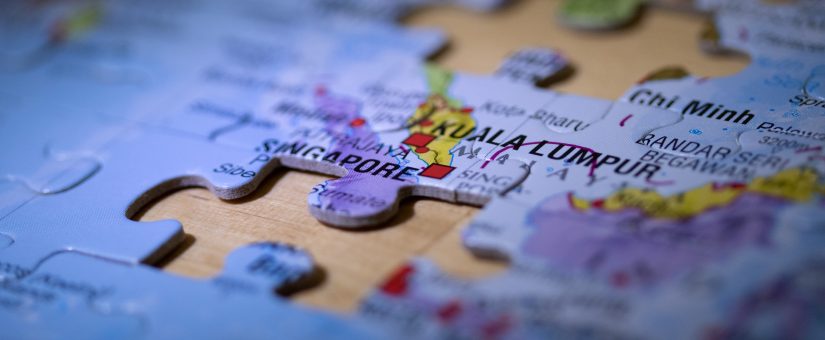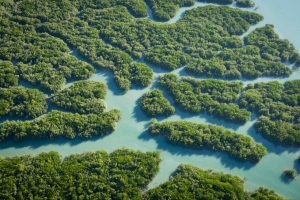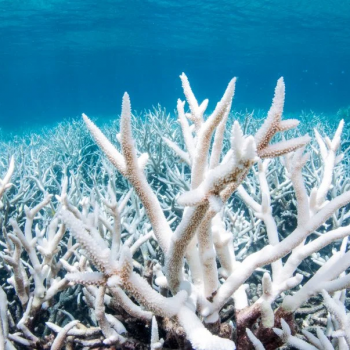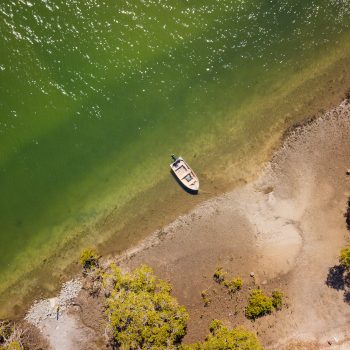
Global fragmentation of mangrove forests
- Posted by Chris Brown
- On May 4, 2020
To inform conservation actions we need global indicators of wetland ecosystems that represent changes in ecosystem function. But current indicators are largely based on changes in the area of wetland ecosystems.
In our new study we mapped fragmentation of mangrove habitats at a global scale. The fragmentation of habitats into patches may be a better indicator for some ecological functions than area.
We found that many areas with high rates of mangrove loss, like south-east Asia, also have high rates of fragmentation. But there were also places where rates of loss were relatively low, but fragmentation was high, such as the Caribbean.
These hotspots of mangrove fragmentation may indicate areas previously unrecognized as at risk of mangrove ecosystem decline.
In our study we also looked at how different causes of mangrove loss in south-east Asia have led to different rates of fragmentation. We collaborated with researchers from the National University of Singapore who had previously mapped causes of mangrove loss in south-east Asia. Using their data-set we could relate the causes to the rates of fragmentation.

We found that activities like aquaculture and rice farming were associated with the highest rates of fragmentation. These activities often remove mangroves in patches, leaving a mosaic of human industry and intact mangrove.
Other activities like urban development and oil palm plantations were associated with low rates of fragmentation. These activities may remove large swathes of mangrove forest, leaving relatively few intact patches.
Further on ground studies are needed to understand how different patterns of fragmentation affect ecosystem function and ecosystem services. The effects of fragmentation can be complex.
For instance, fish typically use the deep edge of mangrove forests. Mangrove habitat may therefore become more available to fish if fragmentation creates more exposed edges on the seaward side of mangrove forests. However, extensive fragmentation could compromise the connectivity of mangrove habitats and be bad for fisheries.
The maps of global fragmentation are a new way to look at changes in mangrove forests. The new maps could enhance the capacity of managers to identify at risk areas and act to conserve mangrove forests and the functions they support.




0 Comments